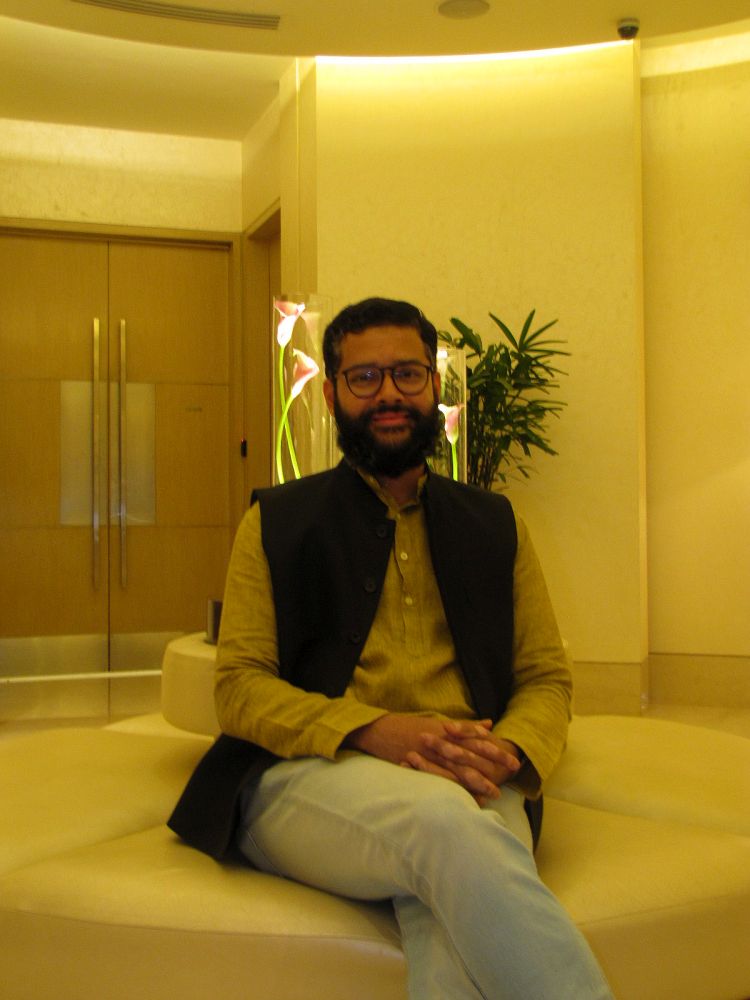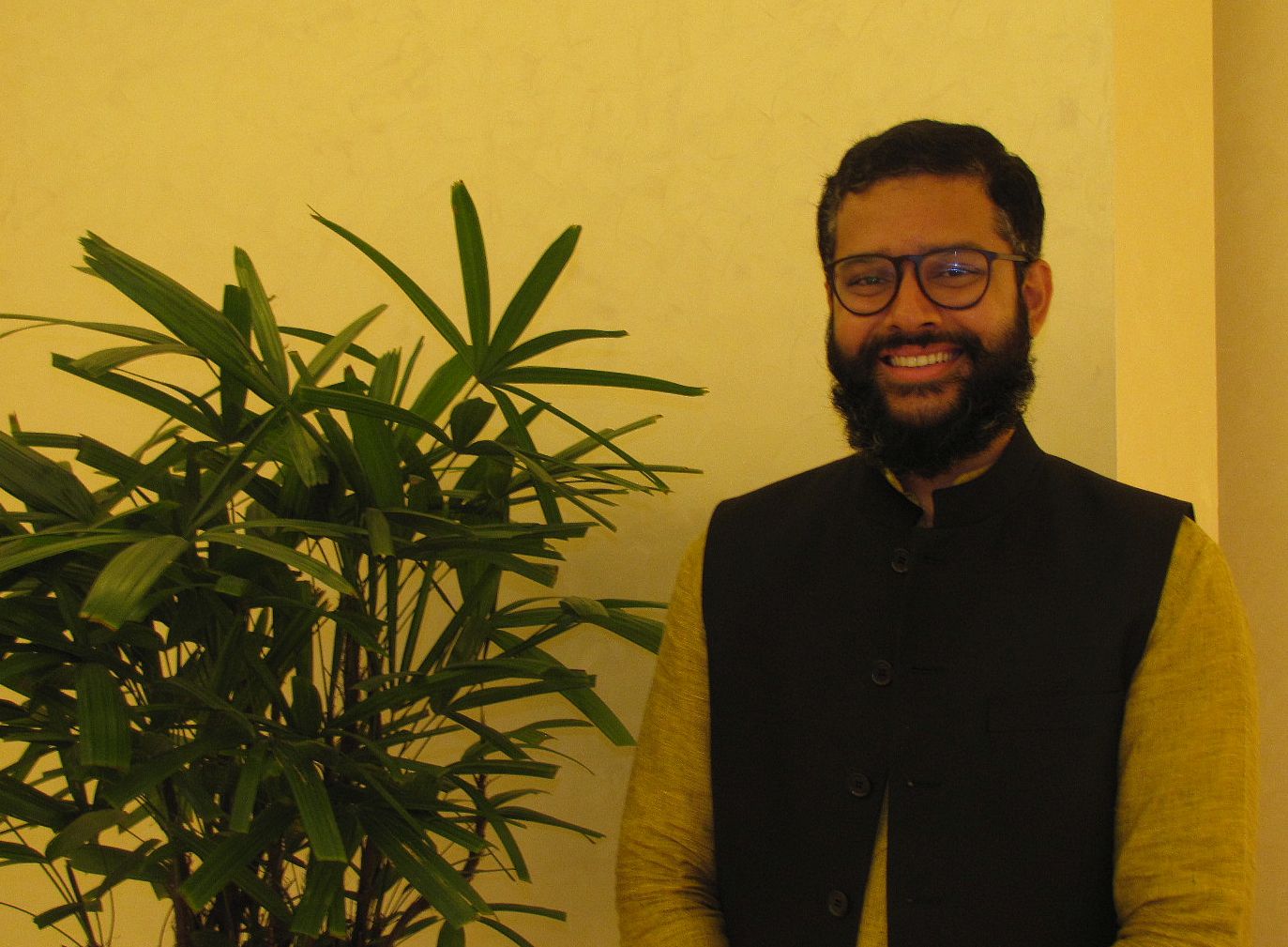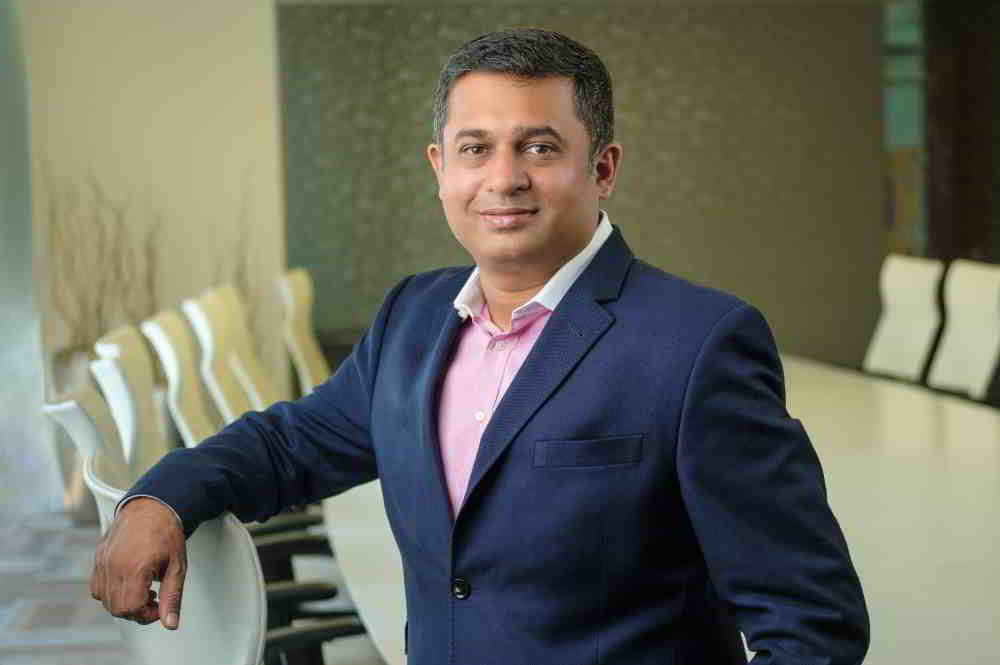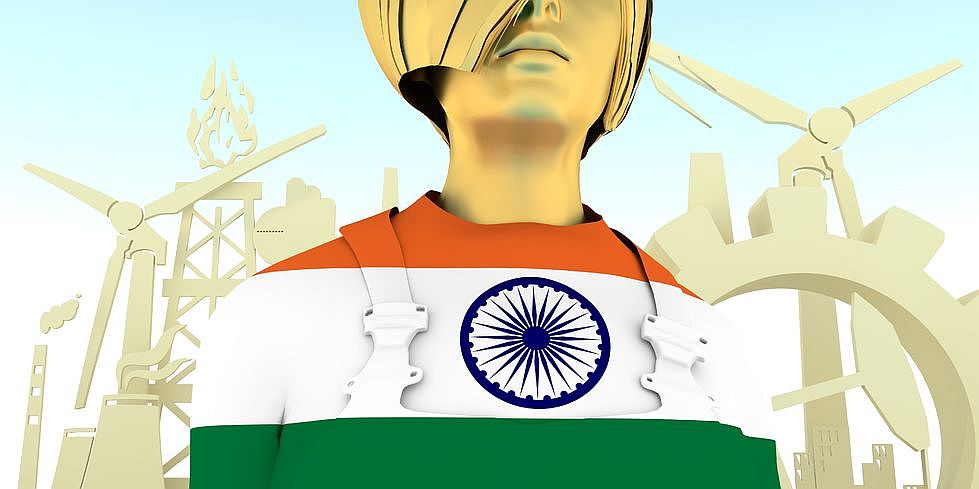Telephony has always been a closed industry with proprietary systems owned by a few dominant players. It was much like mainframe computers and the age of vertical integration – with all layers of the stack coming from the same vendor. But that model began to change with the advent of PCs & client-server computing – and later cloud computing. The same thing will happen to telephony, says Shivakumar Ganesan, CEO, Exotel. Already, call centers and PBX have moved to the cloud. Ganesan told us about the benefits of cloud telephony and the power it can deliver to enterprises.
He was recently identified as one of the top disruptors and innovators under 40 years, by Fortune magazine. Exotel is a company on everyone’s radar. Its business has been growing at a fast clip. The numbered of calls powered by Exotel increased 3x to 1.5 billion from 0.5 billion the previous year. And its customer base has expanded to include 1,000 brands. The company plans to invest $10 million over the next two years to expand its global operations, particularly in Southeast Asia.
Q. Why did you start Exotel? What inspired you?
(Before Exotel) I used to run another startup called Roopit and this is where I got the idea. I wanted to build a decentralized call center for Roopit, but I encountered so many challenges. So I created a (cloud telephony) solution and people loved it; then I realized that there is a market for it, and now I focus completely on Exotel.
Q. Telecom application services were available 10 years ago, but did not take off here. Why?
One of the reasons why it did not take off initially was because our telecom regulations are too stringent. It is not easy to start a telecom business in India (as it is in the west). There are many restrictions and licences. While this is well intended by the government, it has restricted the possibilities in telecom.
Regulations are changing and I see more openness now. The regulator — TRAI and DoT — are releasing consultation papers; they’re forward looking. This will encourage the telecom service providers (TSPs) and application services.
Historically, the telecom space has been a two-way partnership between telecom operators and box players (Cisco, Avaya etc).
In the US, there is a three-way partnership, with the telecom application service providers being the third element. There are almost a dozen billion-dollar public companies providing application services. But why hasn’t this happened in India, the second largest telecom market in the world?
If the application space was allowed to flourish, you would have so many companies here providing telecom application services, contributing to the country’s GDP.

Shivakumar Ganesan, CEO, Exotel
Q. Will cloud telephony replace the traditional EPABX/PBX systems?
I do not see cloud telephony replacing PBX as some companies would still want to use on-premise systems. The market is growing and there is space for both new and old technologies to co-exist.
Earlier, there were on-premise call centers and on-premise PBX. But now both have moved to the cloud. An example is Freshdesk.
Q. What is the unique proposition and innovation that you bring in? How are you changing telephony consumption models?
We are a telecom application service provider and will work closely with the telecom service providers and box players. However, the end customer would only see Exotel. We provide a connectivity solution on the cloud.
Exotel is pursuing the enterprise communication market. There are three or four uses for voice in the enterprise (PBX, call center, IVR). But, for an enterprise, it is cumbersome to set up and maintain all the equipment in-house. Capex, scalability, and quality of service are common challenges. The same issues were there in computing, with servers on premise. So people took to the cloud. And this is now going to happen in telecom. We are telling enterprises to dump all that on-premise (legacy) equipment and use our services on the cloud. Capex becomes opex and the call quality is awesome.
Our second proposition is about breaking telecom into the basic building blocks. The Internet is open and standards compliant, and there is an ecosystem of hundreds of developers who build applications for the Web. Traditionally, telecom has been a very closed, proprietary and siloed system.
So we want to take this closed system and make it open and standards compliant – the same developers who create apps for the web could create apps for telecom. Now if that were to happen it would add so much more power to the enterprise — enabled by the API ecosystem.
In doing so, we give the basic building blocks to people and let them innovate. They can integrate communication in a manner that is important to them. We believe in giving the power of communication back to the companies.
Q. Can you give us some use cases of cloud telephony in India? How are companies benefiting from your solution?
An e-commerce company like Flipkart for instance, could track all calls between its delivery boys and the customer. The same can be done between Flipkart employees and the merchants.
Bluedart, the largest courier company in India had a poor first time delivery rate, especially for cash on delivery (COD) orders. They found out that often, the delivery boy did not go to the customer’s premises. He would falsely report ‘Customer is not available’. So Bluedart put in a standard operating process wherein the delivery boy had to make a call to the customer. And this call was made through Exotel’s platform; this call is tracked. So the delivery boy cannot avoid it.
In South East Asia, some companies prefer to broadcast a list of all the deliveries for the day to their delivery boys. This is done through calls or SMSes to the delivery boy.
In the early days of e-commerce in India, some people would order things online from shopping sites. But when the goods arrived at their doorstep, they would go into denial and reject the delivery. This was especially true for COD. The same was true for taxi aggregators.
We helped solve this problem through our system. As soon as an order was placed, the customer would receive a call from the company asking for a verification.
Cloud telephony is a wonderful technology to reach people at the bottom of the pyramid. Here are two examples:
People living in the hinterlands of India do not own a TV or a radio and live in media dark villages. The only way to communicate with them is through a feature phone. Now it is possible to disseminate information through a phone call. A good example is HUL’s ‘Kan Khajura Tesan’ radio program (ear worm radio channel). Listeners could make a missed phone call and listen to a song or a joke. Advertisements would also be played.
We partnered with Pratnam books and play bedtime stories for underprivileged kids in a region in New Delhi. They have to simply give a missed call.
There is also the example of number privacy for cab aggregators. Passenger numbers are not visible to the driver. The driver calls into a (proxy) number on the cloud and then communicates with the passenger. This is powered by the Exotel platform; now all the taxi aggregators use it. This can also be used by food portals and other online B2C services.
——————————————————————————————————









